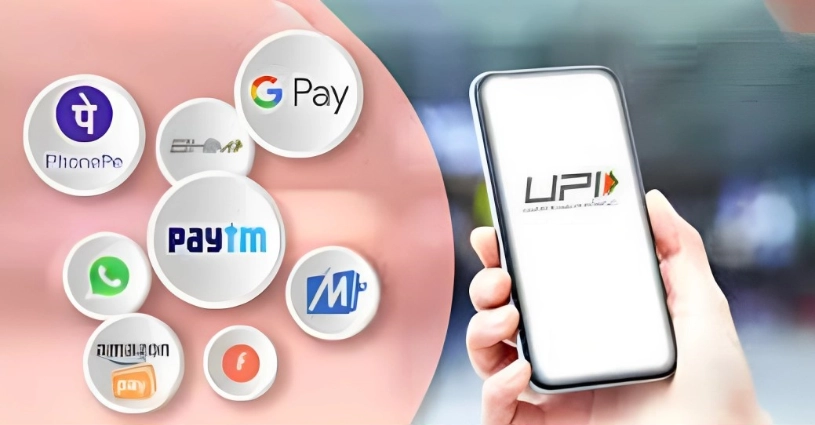RBI announced several changes pertaining to the United Payment Interface (UPI) this Friday, which included new transaction limits that can be facilitated using UPI and changes to the E-mandate regarding recurring payments.
Amidst multiple announcements, the RBI Governer Shaktikunta Das said that in order to encourage use of UPI in hospitals and educational institutes, it has decided to raise the limit from 1 lakh to 5 lakhs in medical and institutional transactions.
According to Das, UPI is becoming an increasingly popular form of transactions. Because of that, it was decided to raise the limits from 1 lakh to 5 lakh for specific payments. In December of 2021, the transaction limits for Retail Direct Scheme and IPO subscriptions was raised to 5 lakhs.
Several experts say that raising the transaction limits is a significant move that allows for smoother transactions in multiple domains such as insurance, healthcare, education and various private business transactions. It is a key move that addresses the changing and evolving needs of the present economic conditions.
Changes to E-mandate:
In regards to E-mandate rules, the RBI has decided to increase the limit of recurring payments per transaction. Previously there was an additional factor of authentication (AFA) for payments exceeding INR 15,000. In the new rules the RBI has decided to increase the limit to INR 1 lakh per transaction. The existing requirements such as pre and post-transactions, opt-out facility shall still be available for these transactions.
The RBI also decided to incorporate cloud facility for the financial sector to enhance its security, integrity and privacy. It will be run and maintained by the Indian Financial Technology & Allied Services (IFTAS) which is a subsidiary of the RBI.
The UPI or the United Payments Interface is an instant payment system introduced by the National Payments Corporation of India (NPCI). It allows the users to use their mobile phones to instantly transfer funds between bank accounts, through mobile apps that support UPI such as Google pay or Gpay, PhonePe and Paytm.
